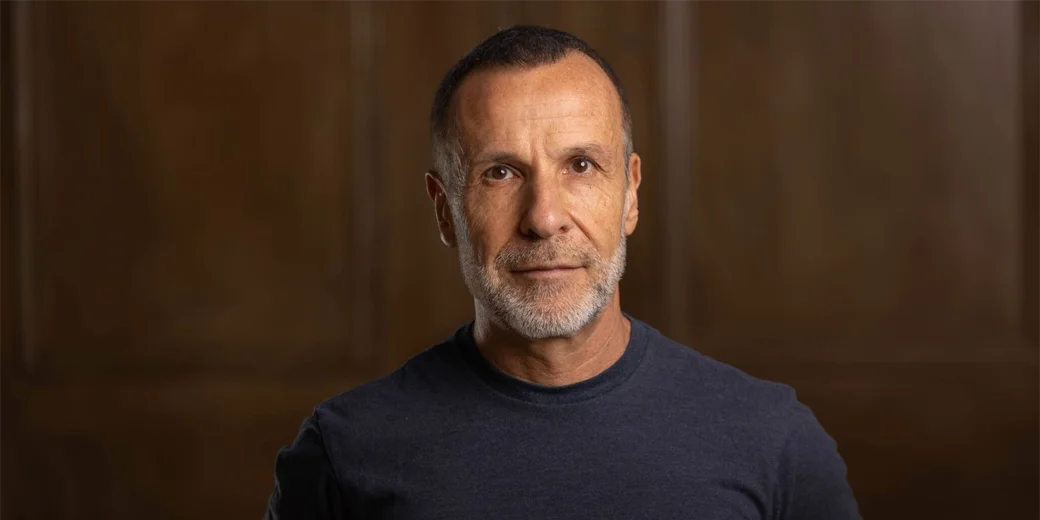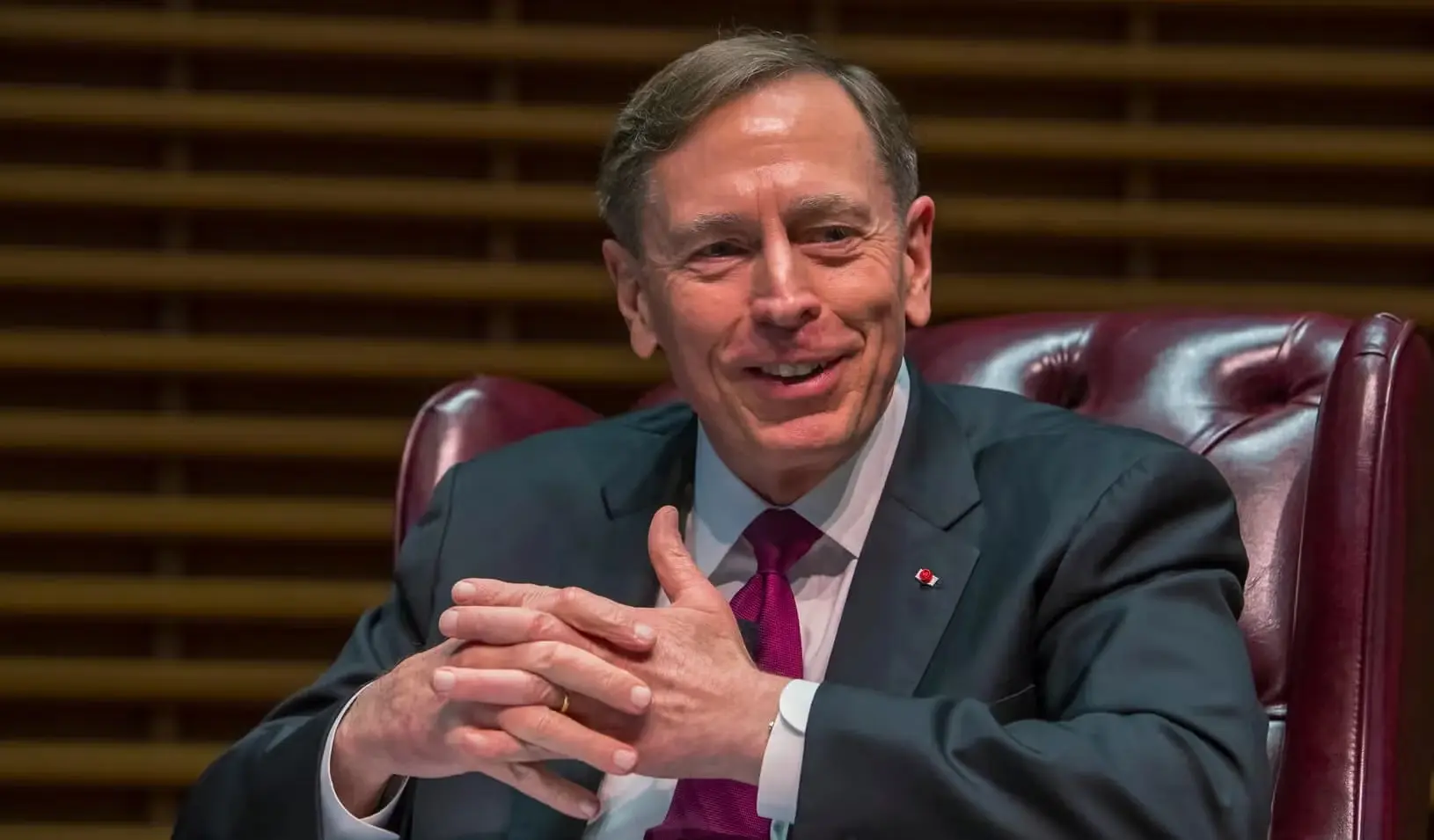*We are now accepting new clients for the 2026-27 cycle! Sign up here.
X
In this podcast, Mike Spivey discusses the three elements of admissions, particularly focusing on the one that is both the most important and the least understood.
Listen to this podcast below, or via SoundCloud or Apple Podcasts.
Hi, this is Mike Spivey of the Spivey Consulting Group. I wanted to talk about what is, in some sense, the most basic part of admissions, not just law school admissions but admissions in general. College admissions, private school admissions, business school admissions — this is one of the few things that cuts through all avenues of being admitted — for that matter getting a job. But, there's three elements to it. You'll understand in a second why it seems so basic. The middle element, which is arguably the most important, is also the most often least understood. So let me get there.
There are three elements to your application. The first is your objective, your goal. Easy enough. I would imagine everyone understands that they give themselves their goal, their objective. Maybe in college admissions, sometimes you have a lot of input from parents and mentors. You're going to say, "What schools am I applying to, what schools I hope to get into, what are my dream schools?"
The third part — let me skip the nuanced part — the third part is the tactics. So, you give yourself the goals. The schools give you the tactics, essentially. They say, "Give us a personal statement." That's one of your tactics; write the best personal statement you can. "Give us a diversity statement if possible." Write the best one of those you can. "We're going to interview you." Do the best job you can. Et cetera. Resume, communication with the school, visits to the school — anything that involves what the school asks you to do is going to become your tactic. It's given to you. That's easy — everyone, or at least almost everyone, gets that.
What is the middle part? The middle part is your strategy. And here's where people really, I think, struggle — understandably so; you've never been a dean of admissions, an admissions director, an admissions file reading committee member, a voting member of a committee.
So let me use a story. I'm stealing this from a longevity doctor at Stanford, Dr. Peter Attia. I heard him tell this story, but I'm also a fan of boxing, and I remember watching this numerous times in my life. Attia tells of the Muhammad Ali — hopefully that name might be familiar to a few people out there, one of the greatest boxers of all time — but in 1974, Ali was aging, and I think he had lost two fights in a row, and he was to fight George Foreman, an up-and-coming just complete annihilator, think Mike Tyson but maybe even more ferocious than Mike Tyson at the time. Foreman was a huge favorite. So Muhammad Ali was older, that's why he was on the decline in his boxing career, you know, favored to lose/predicted to lose astonishingly. So Ali, in his experience and wisdom, came up with a unique strategy. His strategy was two-fold: he was going to tire George Foreman — not the hardest or the first time anyone's ever come up with that strategy — and he was going to humiliate and frustrate George Foreman. Because what was the young Foreman at the time? A bully. How do you beat a bully? You humiliate and you frustrate them.
So the strategy led to the tactics. The tactics were two-fold. One was called a rope-a-dope, which means you lie back against the rope, put your hands up in defense, and you essentially let the bully pummel you. You know, most people wouldn't do this, but the bully's going to be exerting energy after energy. If you've ever boxed, and I have, there's nothing more tiring than throwing a lot fo punches. So they're going to land, but they're going to land with less force because you're lying back, and they're going to land against a guarded position. So that revolved around tiring out Foreman.
The second tactic involved humiliating and frustrating the bully. Muhammad Ali, whenever he would throw a punch, would lead with a straight right hand. Now this is like something you would never do in boxing, two-fold. One is you should never be able, against a professional boxer, to land with a straight right hand. It takes forever to throw. It's the longest developing punch. Number two is when you do that, because of its slow development, it enables the person you're boxing against to counter-punch or even preemptively punch you much more ferociously than you're trying to punch them. You know, no one would ever do that in boxing. Muhammad Ali did both. Slightly long story maybe a little bit shorter, he wins the day, exactly the way he wanted to. He tired and humiliated Foreman, and late in the fight, Muhammad Ali turned it on and won.
How does this relate to law school admissions? Well, people would never think in terms of "frustrate, humiliate, tire." In law school admissions, the middle part is "differentiate." Sounds obvious, right? I'm going to give you an obvious example that you would agree with. The easiest way to differentiate is with a perfect SAT/ACT score, the 99.9th percentile. In law school admissions, the easiest way to differentiate is a 180 LSAT. Right? There's only 20, 40, 50 other people in the world in any given year getting a 180. So that's one way, and it's obvious. Here's where it sort of breaks down for a lot of people.
So, when I talk to applicants, there were other myths that used to be more prevalent, but probably now the biggest myth I ever hear is the following: I need to get a job at a law firm. Right? I need some sort of paralegal job, intern job, I need to work on the Hill. I need to write my personal statement about that experience. I need to write my personal statement about some great academic accomplishment. What do none of those things I just said do? That advice comes from all over the place: lawyers, parents, prelaw advisors, I could go on. They don't differentiate. This is really important, because it's really hard for applicants to do. You're working on one application. You've never read 50,000 like the person on the other side, the other end, the person that you're trying to have admit you. That person I want you to have in your mind when you're thinking of differentiation. On paper, it sounds like a great idea to go get a job as a paralegal to write about your paralegal experience. That poor soul on the other end of the equation, which should be the center of your galaxy when it comes to being admitted, has just read, on any given day if they're reading applications, 20 to 40 to 50 to 60 resumes that talk about their paralegal experience, personal statements that talk about their time interning at a law firm. It's human nature — and it's very much admissions director/admissions dean/admissions committee member nature — to start losing interest. We would all like to think that they're going to be tuned into your application, but part of the most important job of admissions [consulting] is to get them to tune in when they might tune out.
So we had a conversation — my COO Anna Hicks and I with an applicant — and we were talking about someone who had been admitted to a top 10 school with a scholarship, and this person's summer work experience was at a bakery. And I was saying to this applicant, that bakery experience, as far as boosting your application — far superior than interning for a law firm for a summer. Through the admissions portal, the admissions lens. Through a lifetime lens of a lawyer, I would argue that being a paralegal would probably be a better platform to launch from. But to be admitted, I would strongly put forth that working at a bakery — waking up at 4 AM to make donuts, or bagels, or bread — is much more differentiated. My mind is already forming a personal statement that talks about turning the oven on at 4 AM and smelling the bread long before the customers are even awake.
So let me summarize. Objective is easy. You give it to yourself. Tactics — relatively easy. The school gives it to you, and you either operationalize and pull them off or you won't. The middle part — strategy. If you're constantly thinking, "Okay, how is my application going to differentiate from the 10,000, the 12,000, in undergrad admissions the 50,000 that that school gets? How do I differentiate?" Not by making things up, but by parts of your life — because I guarantee you there are — parts of your life that are differentiated. Objective, differentiated strategy, tactics. This is Mike Spivey of the Spivey Consulting Group, I hope this was helpful.


In this episode of Status Check with Spivey, Dr. Guy Winch returns to the podcast for a conversation about his new book, Mind Over Grind: How to Break Free When Work Hijacks Your Life. They discuss burnout (especially for those in school or their early career), how society glorifies overworking even when it doesn’t lead to better outcomes (5:53), the difference between rumination and valuable self-analysis (11:02), the question Dr. Winch asks patients who are struggling with work-life balance that you can ask yourself (17:58), how to reduce the stress of the waiting process in admissions and the job search (24:36), and more.
Dr. Winch is a prominent psychologist, speaker, and author whose TED Talks on emotional well-being have over 35 million combined views. He has a podcast with co-host Lori Gottlieb, Dear Therapists. Dr. Winch’s new book, Mind Over Grind: How to Break Free When Work Hijacks Your Life, is out today!
Our last episode with Dr. Winch, “Dr. Guy Winch on Handling Rejection (& Waiting) in Admissions,” is here.
You can listen and subscribe to Status Check with Spivey on Apple Podcasts, Spotify, and YouTube. You can read a full transcript of this episode with timestamps below.


In this episode of Status Check with Spivey, Mike interviews General David Petraeus, former director of the Central Intelligence Agency and Four-Star General in the United States Army. He is currently a Partner at KKR, Chairman of the KKR Global Institute, and Chairman of KKR Middle East. Prior to joining KKR, General Petraeus served for over 37 years in the U.S. military, culminating in command of U.S. Central Command and command of coalition forces in Afghanistan. Following retirement from the military and after Senate confirmation by a vote of 94-0, he served as Director of the CIA during a period of significant achievements in the global war on terror. General Petraeus graduated with distinction from the U.S. Military Academy and also earned a Ph.D. in international relations and economics from Princeton University.
General Petraeus is currently the Kissinger Fellow at Yale University’s Jackson School. Over the past 20 years, General Petraeus was named one of America’s 25 Best Leaders by U.S. News and World Report, a runner-up for Time magazine’s Person of the Year, the Daily Telegraph Man of the Year, twice a Time 100 selectee, Princeton University’s Madison Medalist, and one of Foreign Policy magazine’s top 100 public intellectuals in three different years. He has also been decorated by 14 foreign countries, and he is believed to be the only person who, while in uniform, threw out the first pitch of a World Series game and did the coin toss for a Super Bowl.
Our discussion centers on leadership at the highest level, early-career leadership, and how to get ahead and succeed in your career. General Petraeus developed four task constructs of leadership based on his vast experience at the highest levels, which can be viewed at Harvard's Belfer Center here. He also references several books on both history and leadership, including:
We talk about how to stand out early in your career in multiple ways, including letters of recommendation and school choice. We end on what truly matters, finding purpose in what you do.
General Petraeus gave us over an hour of his time in his incredibly busy schedule and shared leadership experiences that are truly unique. I hope all of our listeners, so many of whom will become leaders in their careers, have a chance to listen.
-Mike Spivey
You can listen and subscribe to Status Check with Spivey on Apple Podcasts, Spotify, and YouTube. You can read a full transcript with timestamps below.


In this episode of Status Check with Spivey, Anna has an in-depth discussion on law school admissions interviews with two Spivey consultants—Sam Parker, who joined Spivey this past fall from her position as Associate Director of Admissions at Harvard Law School, where she personally interviewed over a thousand applicants; and Paula Gluzman, who, in addition to her experience as Assistant Director of Admissions & Financial Aid at both UCLA Law and the University of Washington Law, has assisted hundreds of law school applicants and students in preparing for interviews as a consultant and law school career services professional. You can learn more about Sam here and Paula here.
Paula, Sam, and Anna talk about how important interviews are in the admissions process (9:45), different types of law school interviews (14:15), advice for group interviews (17:05), what qualities applicants should be trying to showcase in interviews (20:01), categories of interview questions and examples of real law school admissions interview questions (26:01), the trickiest law school admissions interview questions (33:41), a formula for answering questions about failures and mistakes (38:14), a step-by-step process for how to prepare for interviews (46:07), common interview mistakes (55:42), advice for attire and presentation (especially for remote interviews) (1:02:20), good and bad questions to ask at the end of an interview (1:06:16), the funniest things we’ve seen applicants do in interviews (1:10:15), what percentage of applicants we’ve found typically do well in interviews (1:10:45), and more.
Links to Status Check episodes mentioned:
You can listen and subscribe to Status Check with Spivey on Apple Podcasts, Spotify, and YouTube. You can read a full transcript of this episode with timestamps below.